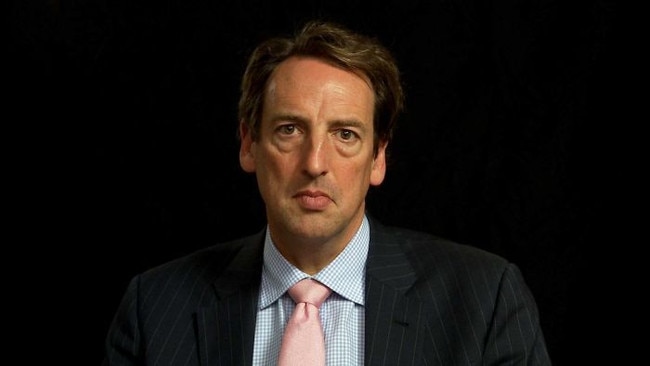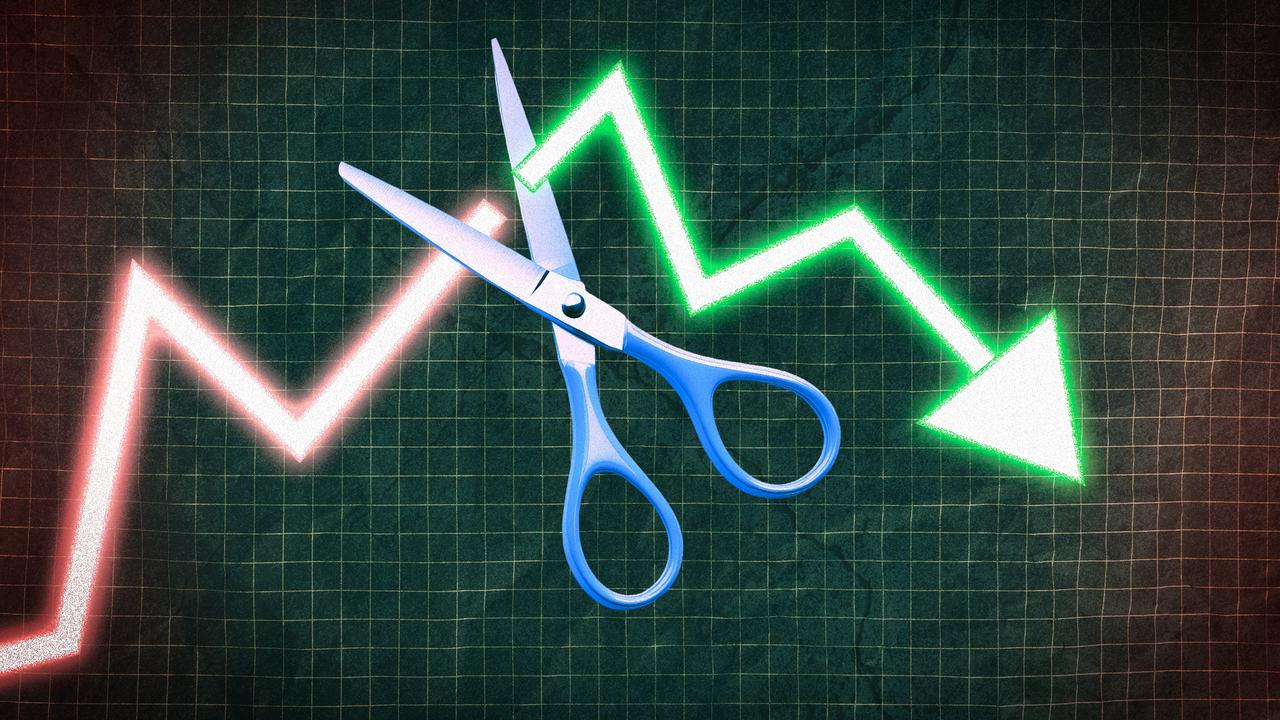‘Political paralysis’ endangers prosperity
Australia’s prosperity is at risk from institutional decay, which is stalling economic and social progress, new report reveals.

Australia’s prosperity is at risk from institutional decay, which is stalling economic and social progress and entrenching political paralysis, according to a new report by the Grattan Institute.
Gridlock catalogues a decade-long policy wasteland, where timid leaders have wilted before hostile public opinion, partisan media, vested interests and tribal instincts, neglecting reforms in taxation, superannuation and energy. To break policy impasses, the report says, Australia must raise the expertise and independence of the public service, and cut the number of party hack ministerial advisers and make them more accountable, through a federal anti-corruption commission with teeth.
With major parties shamed by comparison to their predecessors from reform’s “golden age” of the 1980s and 90s, the Grattan report says Covid-19 has “shifted the tectonic plates of government”, providing a window for policy revival. It notes ambition in NSW and Victoria for land tax changes but deems Canberra as shy on big reforms. “Institutional change is seldom exciting. But better policy outcomes in Australia now depend on it,” the report said.
“We cannot just hope for better leaders: our current institutions discourage the rise of those focused on the public interest, and then erect almost insuperable obstacles to them pursuing many worthwhile reforms. Robust institutions of government are the true bedrock of prosperity, and then the rest can follow.”
The report is a stocktake of 73 proposals from the centrist think tank over its first decade, from 2009 to 2019. It found more than two-thirds of suggested and desirable reforms have not been adopted, mainly because they were unpopular with the electorate, rather than due to federalism or upper house obstruction.
Lead author and inaugural chief executive John Daley, who led Grattan until last year, told The Australian deterioration in governance had been a “long, slow slide and we haven’t realised how much trouble we are in”.
“We’ve been boiling the frog for two decades,” Mr Daley said. “There’s a connection between the slide in the conventions about how we run our politics, and the fact that we don’t do reform like we used to.
“This is a big change from the past when political leaders implemented many unpopular reforms, doing their best to explain why they were in the public interest. The slow corrosion of our institutions is gnawing away at Australian prosperity. Problems with our systems of governance are cruelling the chances of policy reform.”
Grattan used OECD country reports for Australia between 1972 and 2018 as a comparator.
Between 1984 and 2001, the bulk of the OECD proposals were taken up by the Hawke/Keating government, and by the Howard government in its first two terms.
From 2003 onwards, the record is a lot more patchy: “More of the reforms recommended by the OECD were either rejected, only partially implemented, or (in the case of carbon pricing) implemented and then unwound.”
Policies the OECD supported “but which ran into the sand” include reducing the gap between the company tax and top personal income tax rates, implementing a mining resource rent tax, reviewing negative gearing, creating competitive neutrality among Australian ports, aligning the eligibility ages for superannuation and the Age Pension, including more of the value of owner-occupied housing when calculating eligibility for the Age Pension, and raising Newstart/JobKeeper.
“Other reforms proposed by the OECD … sit in the too-hard basket, including increasing the rate and coverage of the GST, swapping stamp duties for property taxes, congestion charging for roads, and using smart meters for time-of-day electricity pricing,” the report said.
Mr Daley said “the most politically realistic path to institutional change is for independent members of parliament to champion institutional changes, particularly when they hold the balance of power”. He said swelling political patronage locks in partisan loyalty as opaque government appointments, grants and contracts appear to reward the well-connected rather than maximising the public interest.
The report said Covid-19 has reinvigorated the authority of state governments, and substantially increased trust in government – at least in the short term.



